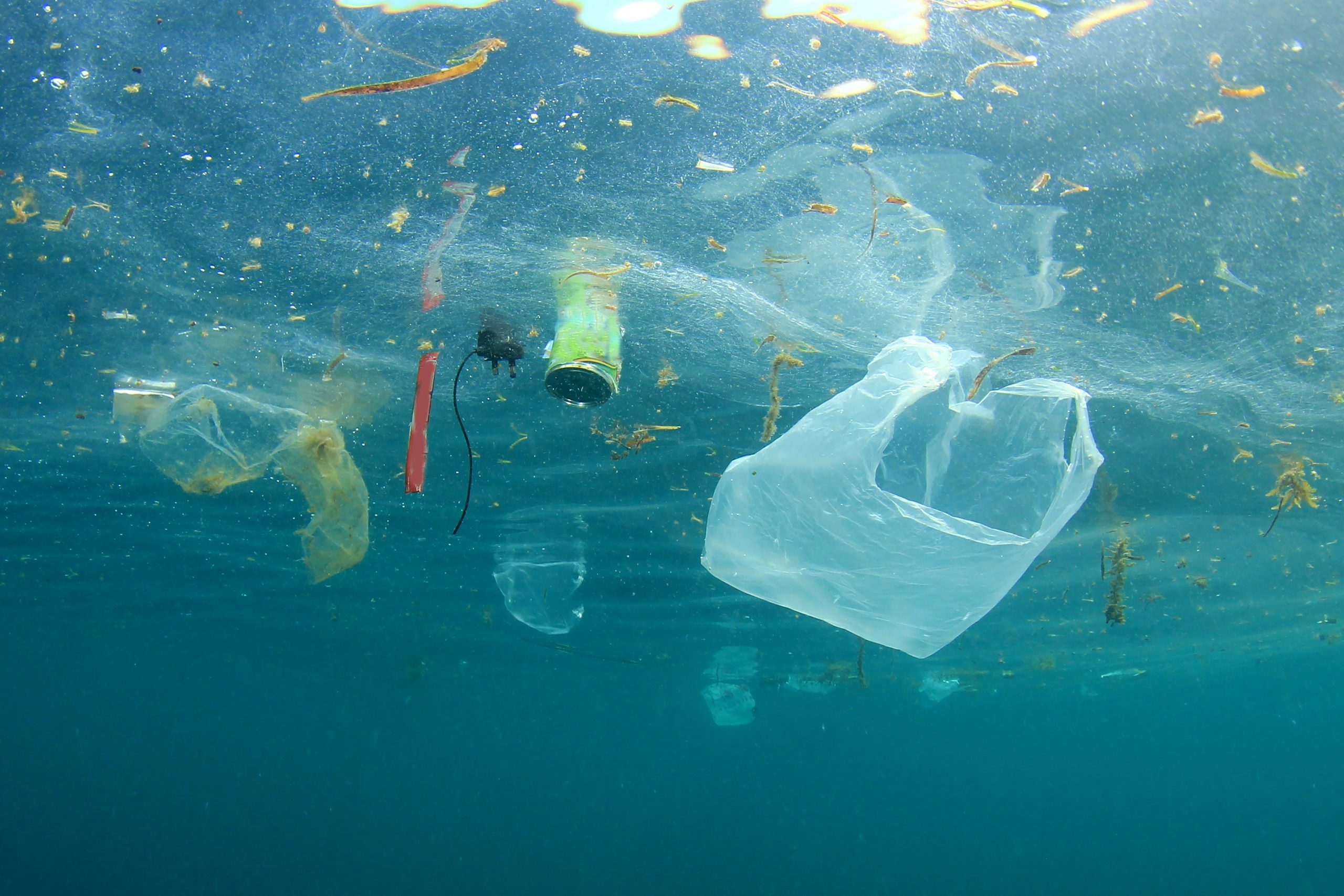In the fourth episode of David Attenborough’s marine-life documentary series, Blue Planet, a heart-breaking image of a turtle tangled in a plastic sack appeared on our screens and saddened TV viewers across the world. This devastating shot and similar scenes from across the series inspired a global movement to cut down on single use plastic in order to protect the planet from human impact.
Over recent years, consumers have become increasingly aware of the need to live sustainably to undo the harmful effects of climate change. Over the past two years, Impact has been conducting research amongst over 18,000 British consumers to find out their attitudes towards the topic, who they think is responsible for tackling the crisis and the brands that are nailing their sustainable messaging. Our research shows that although consumers hold the government most responsible for inspiring change, brands are also facing mounting pressure to prove they’re taking action. The most recent wave of the study showed that over half of consumers want assurance that brands are tackling issues such as the plastic crisis, using 100 percent recyclable packaging and responsibly sourcing ingredients.

But how successful are brands at communicating sustainable initiatives with consumers? And which brands’ campaigns are resonating most effectively?
Although brands from every sector are shouting about recycled materials, locally sourced goods and vegan alternatives, our data reveals a third of consumers don’t believe the claims brands make about being environmentally-friendly. Perhaps due to its reliance on plastic packaging, the soft drinks sector faces the highest level of scepticism with 4 in 10 consumers experiencing doubt.

However, the messaging of sustainable disruptors is resonating better with consumers than their established counterparts. Before conducting our quantitative study, we completed qualitative research with consumers to determine the factors that most influence perceptions of sustainability. Social responsibility, environmental friendliness, financial responsibility and ethics were deemed most important. During the quantitative study, consumers then assessed a list of 100 renowned brands on these factors.
The brands perceived as the most sustainable were those that were specifically created with sustainable messages at their heart and have communicated these messages clearly and consistently since. Two of the top five, Ecover (1st) and Method (4th), for example, were created to reduce the environmental impact of cleaning products; Rude Health (2nd) and Linda McCartney (3rd) make dairy free and vegetarian alternatives and the Cheeky Panda (5th place) produces sustainable essentials such as toilet paper and wipes.
Unlike bigger brands, these disruptors have been promoting sustainable messages long before it was trendy. Sustainable messages have therefore always been ingrained within their content and branding. On the other hand, bigger names such as L’Oreal and Heineken have had to pivot their marketing and business practices to meet changing consumer needs. This change in direction has led to accusations of ‘greenwashing’, when brands convey a false impression of being sustainable that doesn’t reflect their practices behind closed doors.
So, for bigger brands looking to communicate sustainable messaging effectively, authenticity is key. Consumers are looking for solid evidence of progress, so if brands can’t provide visual cues to show proof of their actions, they need to rethink their messaging. It’s easy to make vague promises for the future, but consumers want brands to focus on the present, with 65 percent saying they want to know what brands are currently doing to be environmentally-friendly, not what they plan to do.
With so many brands currently discussing sustainability, our study shows it’s easy for messaging to get lost in the noise. But although shouting into the void is pointless, getting sustainable messaging wrong has more serious consequences. Brands need to communicate authentic sustainable messaging with clear examples of progress to avoid controversy.

Tom Gould, Research Director, Impact
Tom works with clients across FMCG and retail, predominantly on sustainability themed projects. As the head of Impact’s Sustainability Study, he helps companies understand perceptions of the topic and communicate their initiatives more effectively.



